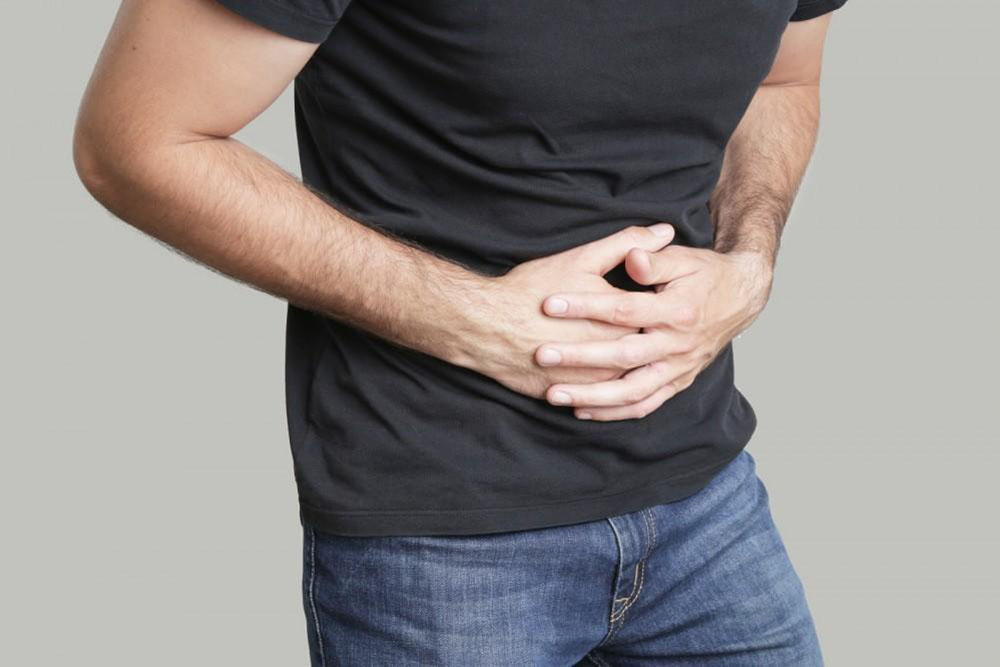What Is a Cyst of the Pancreas?
A pancreatic cyst is a fluid-filled sac that develops within or on the surface of the pancreas.
While most are benign, some can cause discomfort or lead to complications and require monitoring or treatment.
Common Causes and Risk Factors
- Prior episodes of acute or chronic pancreatitis
- Direct injury or trauma to the pancreas
- Family history of pancreatic diseases
- Heavy, long-term alcohol consumption
- Obstruction of the pancreatic duct
- Inherited disorders such as cystic fibrosis
Signs and Symptoms
- Dull or sharp pain/pressure in the upper abdomen
- Early fullness after small meals
- Nausea and/or episodes of vomiting
- Unexplained weight loss
- Jaundice (yellowing of skin or eyes) in rare cases
How Dr. Rishi Diagnoses Cyst Of Pancreas?
Dr. Rishi uses a step-by-step approach:
Medical History and Physical Exam
He reviews your symptoms, past pancreatitis or pancreatic injury, family history, alcohol use, and other risk factors.
Laboratory Tests
Blood work checks pancreatic enzymes (amylase, lipase), liver function, and rules out infection or inflammation.
Imaging Studies
- Abdominal ultrasound to locate the cyst and estimate its size.
- CT scan for detailed cross-sectional images of the pancreas.
- MRI/MRCP to characterize cyst type and assess ductal involvement.
- Endoscopic ultrasound (EUS) for high-resolution imaging and guided sampling.
Fluid Analysis and Cytology (if needed)
EUS-guided needle aspiration obtains cyst fluid to measure tumor markers, mucin levels, and perform cytology, helping distinguish benign from potentially malignant cysts.
Frequently Asked Questions
What is the ICD 10 code for a pancreatic cyst
The ICD 10 code for a pancreatic cyst is K86.3, which covers both true cysts and pseudocysts of the pancreas.
What is the difference between a pancreatic pseudocyst and a true cyst
Pseudocysts typically develop after pancreatitis and lack an epithelial lining, whereas true cysts have a defined epithelial wall. Advanced imaging like MRI or endoscopic ultrasound EUS helps distinguish them.
What symptoms should I watch for with a pancreatic cyst
Watch for upper abdominal pain or pressure, feeling full after small meals, nausea, vomiting, unplanned weight loss, and in rare cases, yellowing of the skin or eyes.
How is a pancreatic cyst diagnosed
Diagnosis usually involves abdominal ultrasound or CT scan, MRI or EUS for detailed assessment, and lab tests or cyst fluid analysis to check enzyme levels and rule out infection.
Are pancreatic cysts cancerous
Most pancreatic cysts are benign. However, certain types, especially mucinous cysts, carry a risk of malignancy and may require periodic surveillance or removal.
Can I avoid surgery for a pancreatic cyst
Yes. Many patients are managed successfully with diet and lifestyle modifications, medications, and minimally invasive endoscopic procedures such as cyst drainage or needle aspiration.
How long is recovery after endoscopy
Most people return to normal within 2 to 3 days.
Can I eat normally afterward
Start with low fat foods, then reintroduce others slowly.
Is treatment covered by insurance
Yes. Most plans cover scans, tests, and procedures. We will help with authorizations.
When should I see a specialist
If you have belly pain, weight loss, or a known cyst, call Dr. Chadha for an evaluation.











